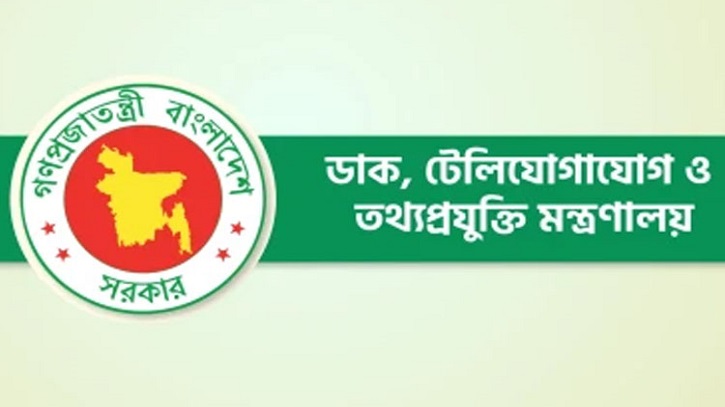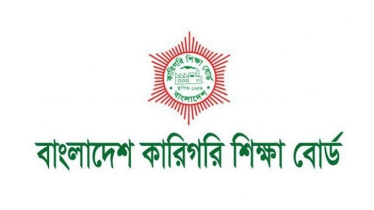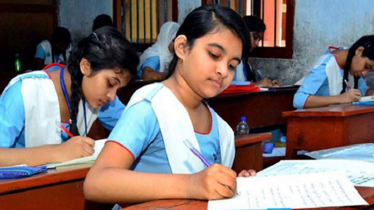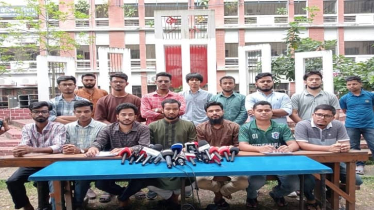
The National University authorities have introduced, for the first time, a mandatory four-credit course on Information and Communication Technology (ICT) at the undergraduate level. The initiative, launched with technical assistance from Aspire to Innovate (a2i) under the ICT Division and UNICEF, aims to transform nearly 70 percent of Bangladesh’s higher education students into skilled human resources. The course will consist of three credits of theory and one credit of practical lessons.
According to a press release from the Ministry of Posts, Telecommunications and Information Technology, around 360,000 students from 31 honors subjects under the bachelor’s honors program and four on-campus subjects will participate in the course during the 2024–25 academic year. Starting next year, an additional 200,000 students from the bachelor’s pass program will be included, bringing the total number of students under the course to 560,000 annually.
However, the shortage of qualified teachers and the lack of adequate computer labs have been identified as major challenges. To address these issues, a2i and UNICEF are providing technical support. As part of this initiative, a Training of Trainers (ToT) workshop has already been completed to enhance the capacity of ICT educators. In October, an online content development program and an orientation program to prepare 90 core trainers will be launched. Through these trainers, about 900 teachers across 883 honors colleges will be trained in phases.
Future plans include extending the ICT course to the bachelor’s pass program, with a target of training nearly 12,000 teachers. In addition, with support from Microsoft and GWE (Adobe), world-class professional skill courses are planned for students.
Authorities expect that once these initiatives are fully implemented, students will gain modern ICT competencies and become a globally competitive workforce, equipped to meet the demands of the Fourth Industrial Revolution.





